This article first appeared as the cover story of the MARKETING Weekender issue 298, ‘The Collective Grief Keeping Us Together.’
Putting into words the scale of suffering we as humans have felt over the last 16 months, has forced me to examine the complexity of the pandemic beyond its superficial implications as a virus in the vein of the common flu. COVID-19 is relentless and even if it doesn’t kill you it exerts control over your life through a myriad of negative emotions such as fatigue, boredom, bitterness, loneliness and grief – especially grief.
In Malaysia grieving the loss of normalcy caused by the pandemic is intersected with an unprecedented political climate that renders a weak government, rising unemployment rates, business shutdowns, burnt out frontliners, a collapsing health-care system and nationwide hunger; as each crisis intensifies our emotional state.
For many, the collective grief felt across the country has invaded their sense of inspiration and motivation; feelings that are often cited as the cornerstone of a creative industry.
Five different industry professionals were interviewed for this feature, in an attempt to underscore not just the complexity of our current situation but also highlight the similarities in our experience.
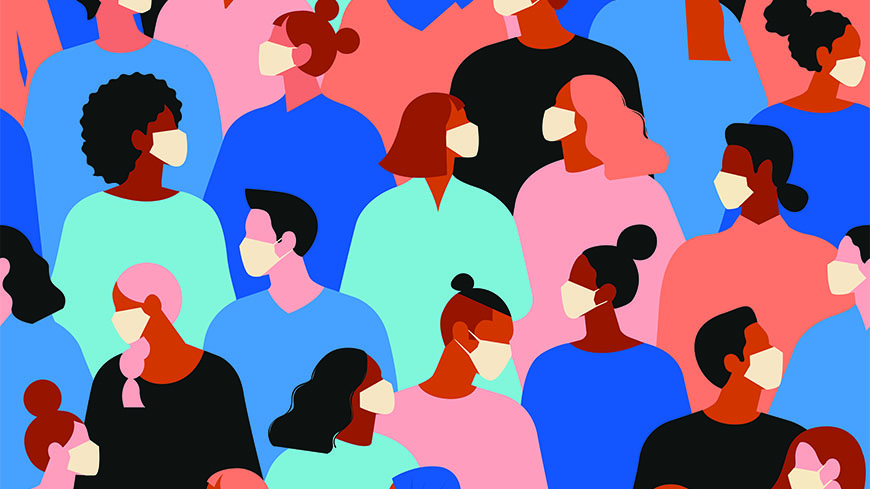
How is our industry feeling?
“On one hand, you feel like you’ve gone through this before and you can get through this, but on the other, there’s also a perpetual feeling of uncertainty”
Echoing sentiments on the ground, Executive Producer of Mastermind Group, Jehan Miskin, said he’s felt a variety of emotions over the last couple of months.
“Starting with relief during the lockdown in May when cases were rising, to concern when the curve did not flatten, to fear over the uncertainty of the endless lockdown which turned to horror as I watched the horrendous governance during the biggest crisis of our times,” Jehan explained. “Recently I’ve been burning with anger at the ineffective and damaging lockdown decisions that are causing tremendous amounts of damage to our people, economy and healthcare systems.”
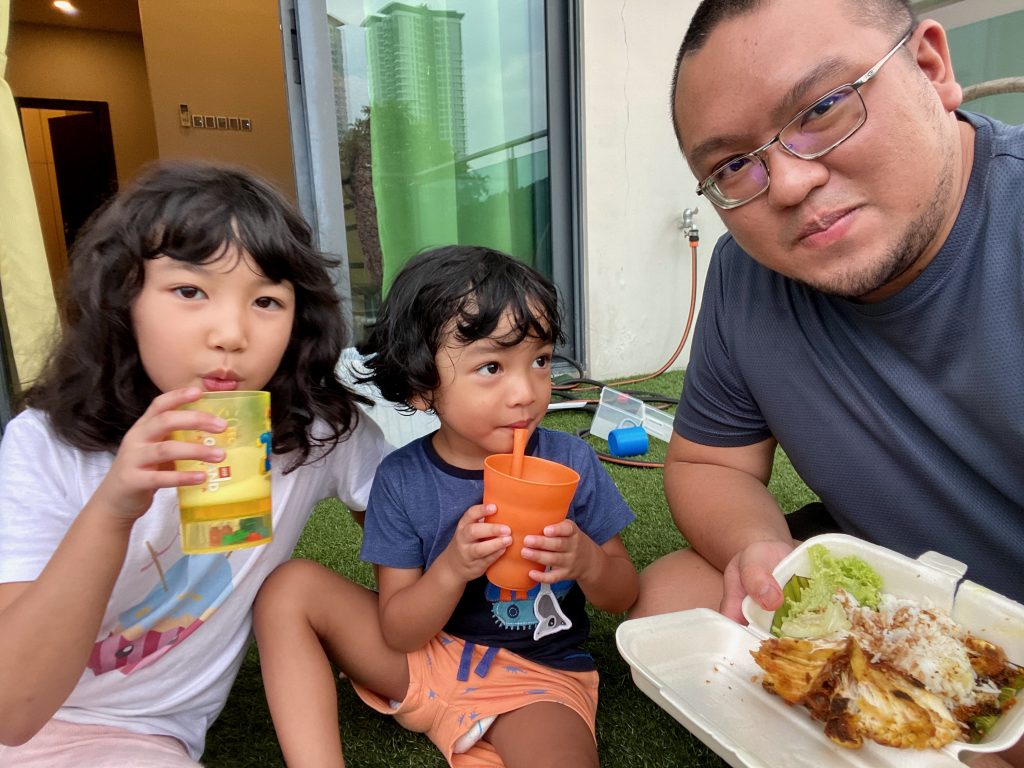
Another industry veteran, Farhan Hafetz, responded similarly. Farhan – who recently left his position as Head of Group Marketing for FGV Products to join Baba’s as the Communications and Consumer Marketing Manager – shared how this “rollercoaster ride” affects his feelings at work as the ambiguity is echoed in day-to-day work life.
“On one hand, you feel like you’ve gone through this before and you can get through this, but on the other, there’s also a perpetual feeling of uncertainty,” he said. “From a marketer’s perspective, if we keep having a ‘wait and see’ approach, then a lot of things will be delayed indefinitely, which may result in opportunity loss and so we somehow have to learn to go with the flow.”
When asked if he has felt a sense of monotony at work, Farhan said that isn’t the case for him. Instead, the main challenge has been figuring out what can and cannot be done as companies try to navigate the constant changes to national SOPs.
“Plans are made without knowing when it can be executed, if at all and this potentially leads to a sense of underachievement and frustration,” Farhan added. “It’s tough to be continuously excited at work when it’s unclear whether you’re being productive or not.”
So how do we reconcile with the impossibility of maintaining full motivation and productivity at work as we stare down the barrel of uncertainty?
“In my position, there is a sense that I am not allowed to ‘break’ as there are many that look to me for assurance, hope, help and direction”
According to the CEO of Ogilvy Malaysia, Nizwani Shahar, because there are multiple tracks of worries and priorities at play during these uncertain times, it is only human that anxiety and sadness can set it.
“In my position, there is a sense that I am not allowed to ‘break’ as there are many that look to me for assurance, hope, help and direction,” Nizwani said. “In the past 16 months, I’ve learned that it’s really ok to allow ourselves a few minutes to grieve the situation we all find ourselves in; but quickly stop feeding the bad wolf and then focus on what we can control and surrender the outcome for everything else.”
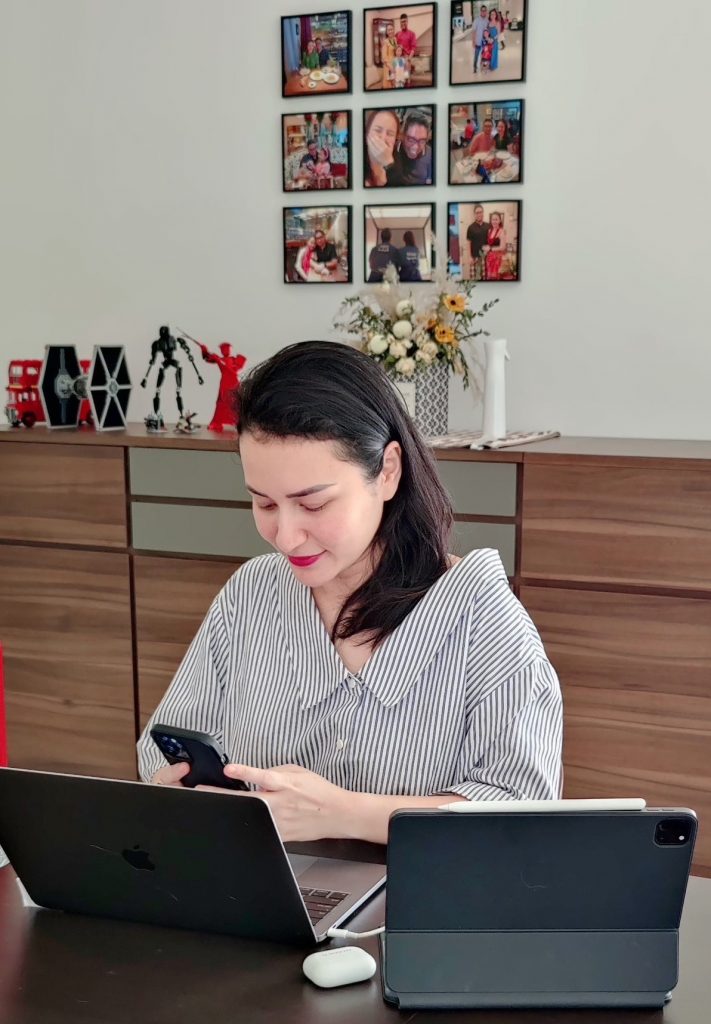
Nizwani’s words most probably resonate with many leaders even beyond our industry as there’s no denying that in times of crises, employees look to them for guidance.
While there’s no easy measure on whether this sense of responsibility prevents emotional volatility or causes it, taking the temperature among those in executives and junior management positions offers an added perspective.
One senior executive who works as a strategist for a digital advertising agency, offered to share her experience, while remaining anonymous.
“It is exhausting and some days it does feel that I am wasting my days away to futility”
When asked if she has felt a sense of exhaustion and demoralisation when it comes to work, she answered yes.
“It feels as if although I am working on different projects, it is the same old cycle and although I have enjoyed working from home or remotely, it also feels as if the expectation to be available to jump right into work mode at any time and any day is somewhat amplified,” she explained. “It is exhausting and some days it does feel that I am wasting my days away to futility.”
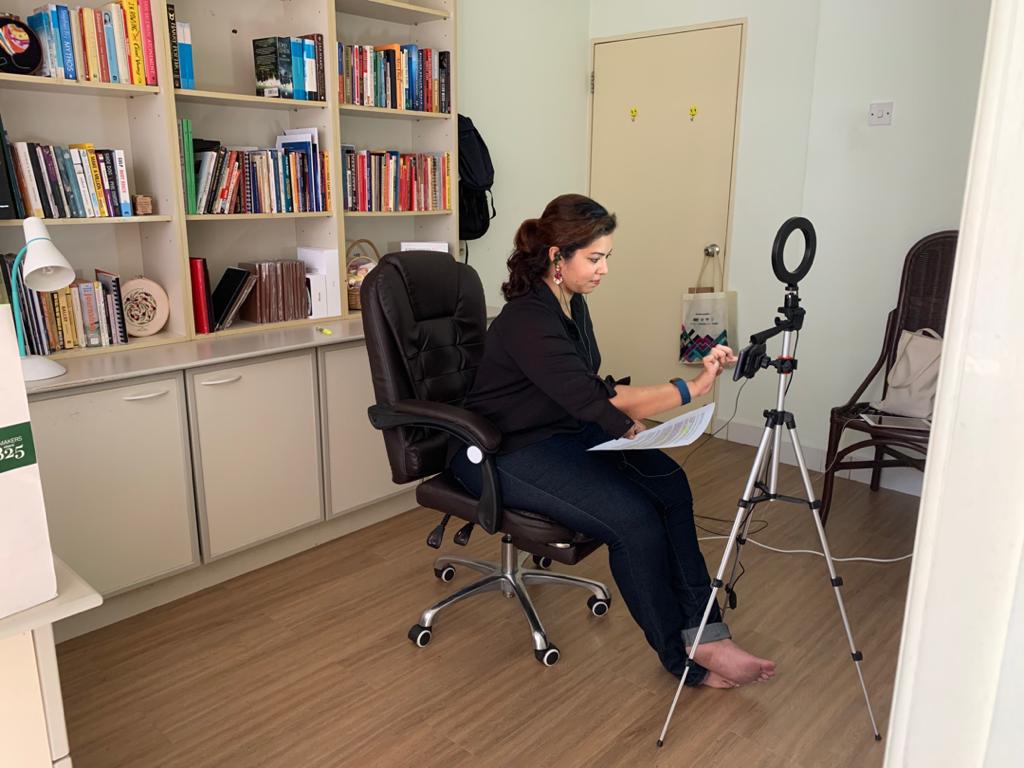
To prevent spiraling into negative feelings, writer and health advocate, Malati Siniah, said every morning, she writes 3 things she is grateful for; a new practice suggested by her coach that has helped to train her mind to focus on the good in each day.
“It has helped me tremendously, honestly it’s so simple and not to mention free,” Malati added. “Apart from that, when I feel bored I try to look at what new skill I can learn and currently I’m trying my hand at Podcasting on a subject matter that really inspires me, which definitely breaks the monotony.”
Same storm, different boat
While the last year and a half has been hard on generally everyone, there’s no denying that certain circumstances such as socioeconomic disparity, lack of space at home, isolation from family & friends due to inter-state travel restrictions and pre-existing mental health conditions, all play a part in how an individual copes with the stresses of our current reality.
As a leader and as colleagues, identifying these nuances among team members’ circumstances is imperative not only for employee well-being but also business continuity.
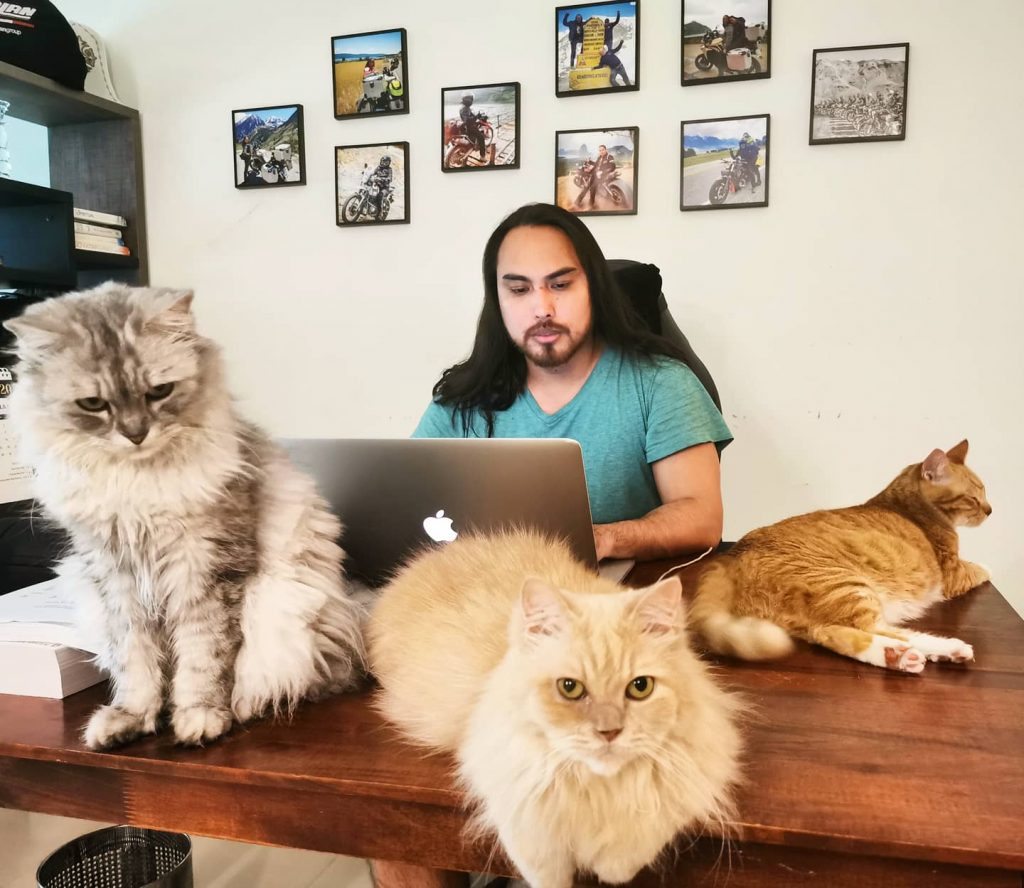
Nizwani shared that even prior to the pandemic, Ogilvy teamed up with The Mind Faculty to establish an Employee Mental Health Programme. She explained that the programme was introduced by Ogilvy to ensure its people have an avenue to support their emotional and mental wellbeing.
“Apart from that, we made it a point to speak to and engage each person on an individual level; to better understand their personal situation, family arrangements and if there is support needed,” Nizwani added. “We have also made sure to work around our people’s personal requirements and priorities – flexi-arrangements are in place to ensure work and home can co-exist better and be more sustainable.”
On the other hand, the anonymous senior executive added another valuable tip. She said that noticing the background noises that happen during calls can be quite telling of a colleague’s living condition and can also be a great conversation starter beyond work related matters.
“Chatting with my colleagues as fellow humans during calls and via chat apps have also helped team camaraderie,” she said.
Echoing this, Farhan emphasised the importance of creating a safe space where team members feel comfortable sharing the challenges they are facing, without worrying about how it might affect their job security.
“They need to know that they’re not alone in facing the pandemic and this needs to be managed on a case-by-case basis,” Farhan said. “As a team, it’s also good to have sharing sessions where everyone can share their challenges and well-being in a relaxed group setting, instead of just updating on work progress or presenting reports.”
“Regardless, this pandemic, in all its ravages, offers our industry a rare but narrow window of opportunity to reflect, reimagine, and reset our culture”
The unifying sentiment that reverberates through the different perspectives offered by these industry professionals is the importance of open communication. Perhaps this is a juxtaposition to the reality that open communication, as a core value, is oftentimes lacking in Asian workplaces. Or maybe it is an indication that our work culture still has a tendency of perpetuating the fear that honest disclosure will only result in negative perceptions of one’s capabilities or value within a company.
Regardless, this pandemic, in all its ravages, offers our industry a rare but narrow window of opportunity to reflect, reimagine, and reset our culture.
Finally, as Malati so aptly said while sharing her experience, “I believe in the healing power of stories which is why I’m open to sharing my own; stories build empathy and as a nation hurting this is one of the many things we all need.”
MARKETING Magazine is not responsible for the content of external sites.










